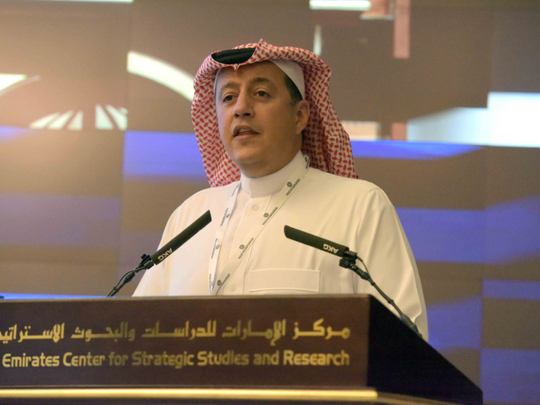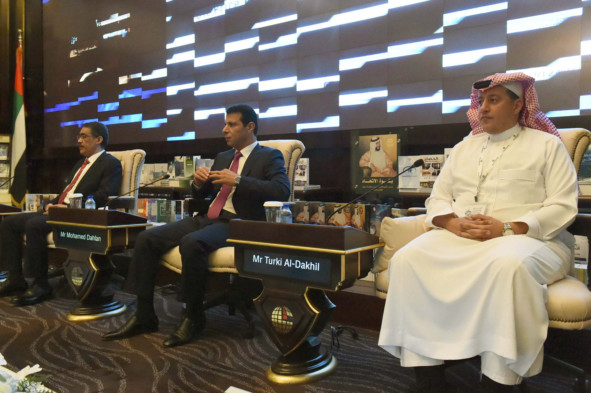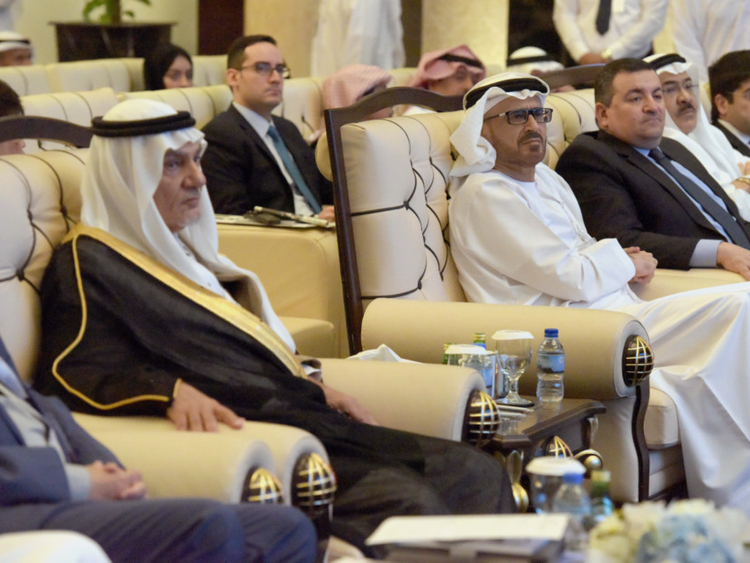
Abu Dhabi: With the continued challenging rise of extremism in the region, countries need to approach the problem with more than one strategy which includes legislation, education, and providing an alternative vision to that of the extremists said experts at a conference in Abu Dhabi on Wednesday.
Organised by the Emirates Centre for Strategic Studies and Research, the second day of its annual conference looked at the UAE’s experience in tackling extremism, and the future direction that should be taken in the continued fight.
“[Defeating] extremism needs more than the security aspect, it should also involve economic, political, historical, and sometimes religious aspects,” explained Maqsood Kruse, executive director, Hedayah Centre.
“Extremism starts with an idea, and so it should be dealt with affectively. All things that can help must be considered like the role of the family, and even community leaders, whether they are religious or social [leaders]. Such leaders have an important role in providing solutions and helping prevent extremism [among the youth],” he added.
Kruse said that one of the reasons behind the UAE’s success in confronting extremism was because of the government’s forward-thinking policies, rather than simply being reactionary.
“The experience of the UAE has not been limited to reacting, but to also come up with alternatives and submitting new creative ideas and positions. Creating a happiness minister is one example.
“The most important thing is to invest in the individuals, institutions, and to look forward to what the people need in the future,” he added.
Kruse also highlighted what he called preventive legislation, laws that are passed to help prevent the spread of extremist ideas.
“In the UAE we have legislations that not only deal as a response, but preventive laws that took the incitement of hatred into consideration [and made it illegal], so these laws were not simply made as a reaction,” he said.
Kruse did have a warning, and said the phenomenon of extremism was always changing and not linked to one country alone.
“This phenomenon is not linked to geography, we find a continuous situation with different groups in different countries.
“Before we had Al-Qaida, today it is ISIS [Daesh] … Extremism is always changing and changing concepts … [We need] to be innovative and creative in our approaches to defeating extremism,” he added.










